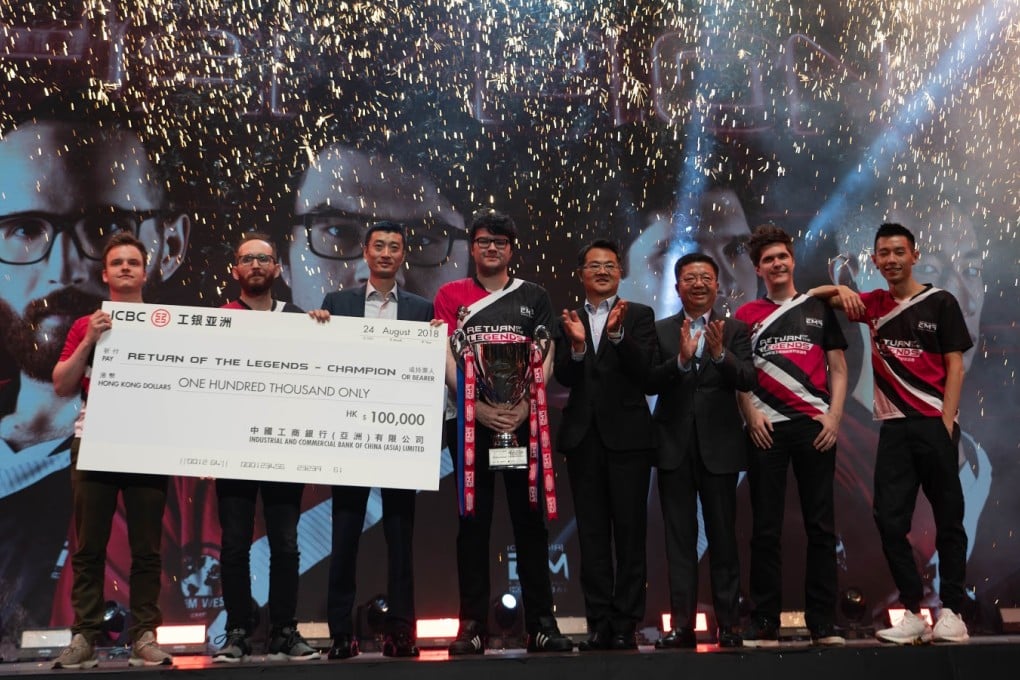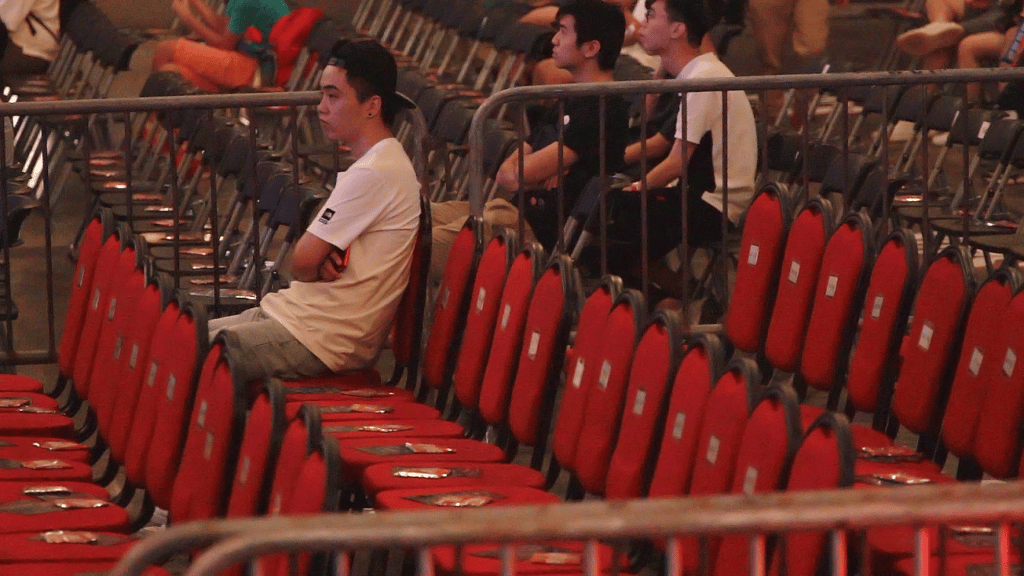Advertisement
Hong Kong’s esports festival was a sellout. So why did it feel empty?
PUBG, LoL and CS:GO headline Hong Kong’s second annual esports festival
Reading Time:4 minutes
Why you can trust SCMP

This article originally appeared on ABACUS
Hong Kong’s esports festival brought together top players from the three biggest esports games in the world. There was a glitzy stage show, a live DJ, and 80,000 visitors.
So why did it feel so empty?

Advertisement
It’s important to note that Hong Kong wants to become an esports hub. They spent US$5 million on the three-day festival and budgeted $12.7 million to promote esports this year.
In theory, the city has plenty of advantages. It’s easily accessible by air and most people from the West don’t need a visa to visit. And Hong Kong has a history of hosting world-class conventions and events, like Art Basel or the Rugby Sevens.
Advertisement
But what Hong Kong doesn’t really have is a strong sporting culture. Even the Rugby Sevens is as much about the party as it is about the sport.
Hong Kong kids just don’t grow up to be sports stars. And apparently, they don’t want to be esports stars, either: One survey by a local NGO found that 80% of kids don’t want to pursue a career in esports.
Advertisement
Select Voice
Select Speed
1.00x